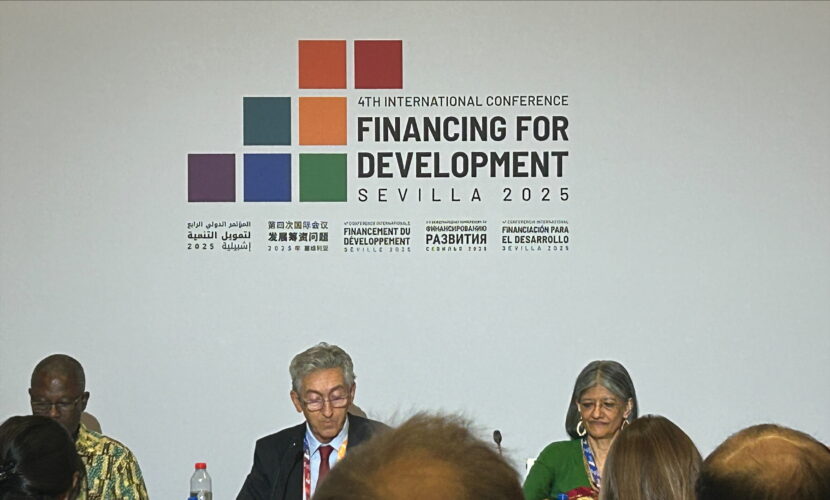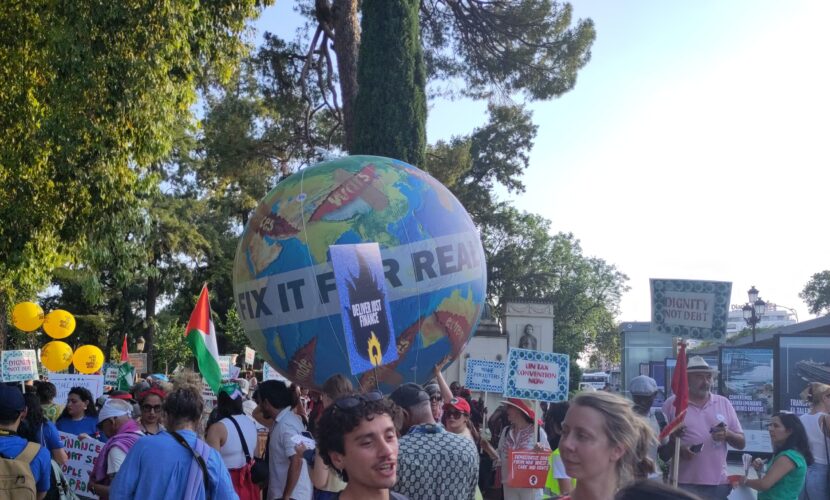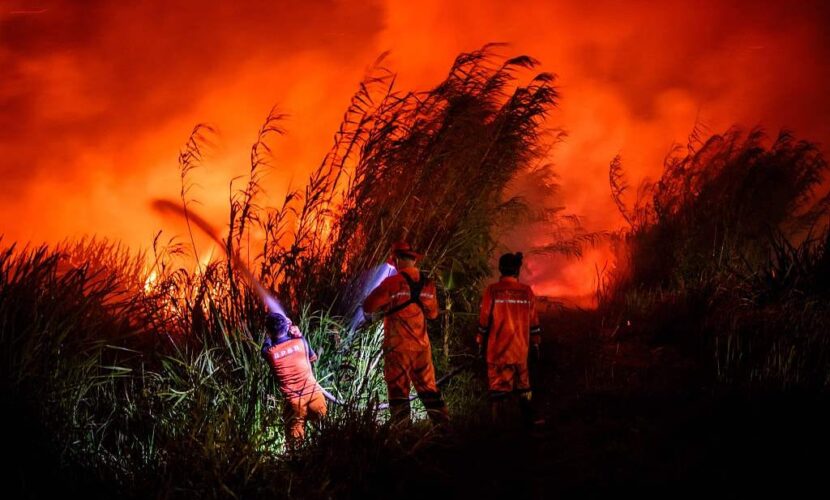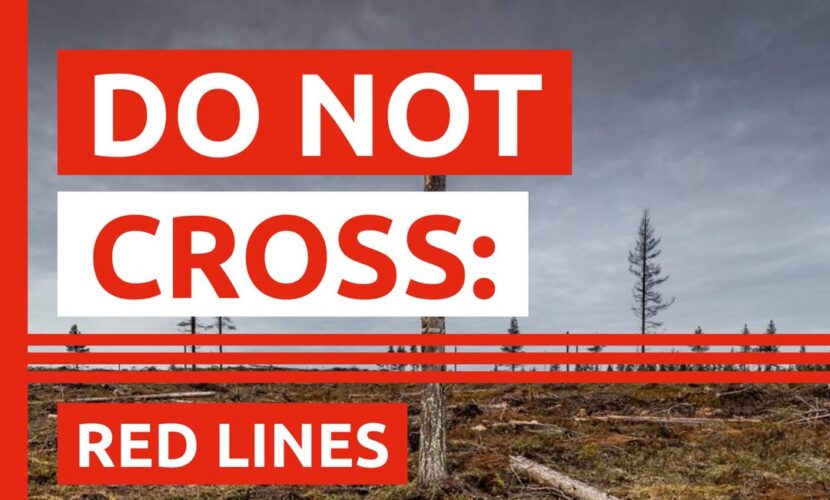News
THE MONEY PIPELINE FOR DEFORESTATION MUST STOP NOW

Joint NGO statement on voluntary initiatives on deforestation, for and by financial institutions:
If deforestation were a country it would be the world’s third largest source of climate emissions. As COP 26 takes place in Glasgow, business leaders and governments have been touting the importance of safeguarding forests, including tackling the finance that fuels their destruction. This is set against a context of the proliferation of voluntary initiatives.
Time and time again, NGOs and communities have reached out to specific banks, investors or asset managers with detailed, and often horrifying, accounts of forest destruction and associated human rights abuses linked to their financing. Communities’ requests for action are overwhelmingly ignored. Financial institutions accrue vast profits and often bankroll the same company behind this destruction for years to come. Financial institutions fail to write basic transparency into the ways they work, meaning what and who they finance often remains unknown. Little, if anything, changes for the forests or communities harmed and the cycle continues.
This is at the heart of why corporate voluntary commitments on forests continue to fail. According to the Forests and Finance coalition analysis, credit to forest- risk companies in the first half of 2021 was up 155 % compared to the same period in 2020. The share price and credit ratings of some of the worst companies linked to deforestation continues to soar. Many leading financial institutions that have committed to making deforestation a priority have done so merely by increasing conversations with companies involved in egregious and illegal practices, while overwhelmingly failing to exclude these companies from portfolios and financing, to vote out directors at these companies, or to take other meaningful actions that would lead to substantial change.
It is dangerous, not to mention outright greenwashing, to celebrate these same financial institutions as ‘leaders’ on forests. Especially when this ‘leadership’ involves little more than signing onto a voluntary policy that follows the same failed formula. Affected communities and grassroots civil society organisations can no longer be expected to pick up the burden for the financial sector’s failures.
To distinguish false solutions from real change, we need to ask some basic questions:
- Have indigenous peoples or other forest communities – the true experts on saving forests – been at the heart of designing this so-called solution and do they think it will work?
- Is respecting the human rights of forest communities and other rights-holders viewed as essential to tackling deforestation?
- Do communities know who is financing activities in their area and are financiers transparent on what and who they finance in forest-risk sectors?
- Are financial institutions prevented from keeping profits linked to deforestation?
- Are financial institutions required to provide redress to communities and forests harmed – including those raising concerns with them today?
- Are financial institutions required to end their complicity in deforestation now?
(which means no loopholes that delay action until 2025, 2030 or 2050) - Are financial institutions accountable for their actions and do they face repercussions for bad practices?
In addition, recognizing the diversity of ecosystems under threat by the expansion of industrial agrocommodities, any measures that target deforestation in forest-risk industries must equally apply to forest degradation, impacts on peatlands and other sensitive ecosystems and habitats.
We do not need to destroy forests to feed people or to grow local economies – in fact keeping forests standing is key to maintaining weather systems, water flows and biodiversity essential to healthy agriculture. We also do not need governments to stand on the side-lines and champion voluntary initiatives or risk reporting that assume that finance will fix itself. We need governments to lead and introduce regulation that puts binding obligations on financial institutions to stop the money pipeline driving the destruction of the world’s remaining forests.
Signed,
ActionAid USA
Amazon Watch
ARA (Arbeitsgemeinschaft Regenwald & Artenschutz)
BankTrack
Biodiversity Conservation Center
Borneo Orangutan Survival BOS Deutschland e.V.
Bruno Manser Fonds
Canopy
Citizens’ climate lobby, United university professions
Climate Finance Action
Coastal Plain Conservation Group
Colectivo VientoSur
Earthday.org
Family Farm Defenders
Food in Neighborhoods Community Coalition
Friends of the Earth International
Global Witness
Greenpeace
Inclusive Development International
Leefmilieu
Middle Sound Lookout
Network for Social Justice and Human Rights
Pro REGENWALD
Rainforest Action Network
Rainforest Foundation UK
Re-nourish
RRA
Rural Vermont
Save Estonia’s Forests
Society for Responsible Design Inc.
Spruill Farm Conservation Project
Stand.earth
Sunrise Kids NYC
TIAA-Divest! from Climate Destruction
trend asia
TuK INDONESIA









